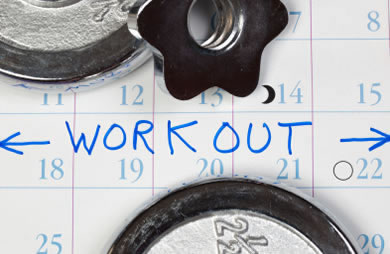|
The words "healthy eating," "beer" and "chocolate" don't typically coexist in the same sentence—but a couple of recent studies may have changed that. According to a little something called science, a tall cold one and a candy bar just might deserve a place in your diet plan. Cheers to a Healthy Metabolism Let's start with the beer, shall we? The study, which was conducted at Oregon State University, found that a natural flavonoid called xanthohumol—which is an ingredient in hops—was shown to combat obesity, high cholesterol and elevated glucose. These three conditions are all part of metabolic syndrome, which can in turn lead to heart disease, diabetes and other health problems. In the study, laboratory mice who consumed high levels of xanthohumol showed significant reductions of "bad" cholesterol, insulin and inflammation as compared to a control group. They also gained less weight than rats that did not receive the flavonoid, indicating that it could speed up the metabolic rate. "This is the first time we've seen one compound with the potential to address so many health problems," says Cristobal Miranda, lead author of the study. "These were very dramatic improvements." Although more research is needed, these early findings indicate that xanthohumol could be a safe, low-cost treatment for metabolic syndrome. But don't start stocking up on beer just yet: The amount of xanthohumol used in the study would be equivalent to 56,000 ounces per day for a human adult, which would require a supplement rather than a six-pack. How Sweets Impact Sports Performance Can dark chocolate make you a better athlete? A study from London's Kingston University suggests that the sweet treat could give you an athletic edge. Among a group of cyclists, half were given 40 grams of dark chocolate every day and the other half received the same amount of white chocolate. After a two-week period, the cyclists underwent a series of performance tests in the school's sports lab. Those who had eaten dark chocolate logged further distances in a timed trial, and also used less oxygen. The credit goes to a flavonol called epicatechin, which is found in the cacao bean. A strong antioxidant, epicatechin has been shown to reduce the risks of heart disease, diabetes and cancer. The benefits of dark chocolate mimic those of beetroot juice, which many endurance athletes use as a performance enhancer. Although more research is needed, these findings could indicate that the chocolate may provide a better-tasting alternative. This could have a big impact for long-distance runners in particular. "From a performance perspective, making an athlete more efficient can have major advantages in long duration steady-state exercise," says ultra-distance runner James Brouner in the study news release. "When performing endurance-based activity, being as economical as possible in energy provision is key to enhancing your performance. From our results, the consumption of dark chocolate has altered the participants' response to the activity and therefore could enhance their endurance performance." What do you think about the possibility of beer and chocolate improving health and stamina? |
Popular Entries
More From SparkPeople
|















